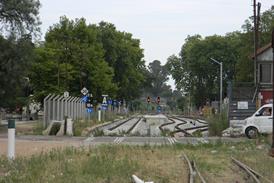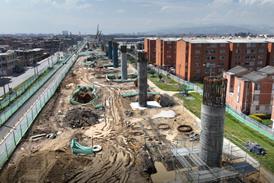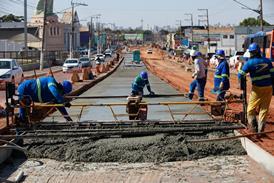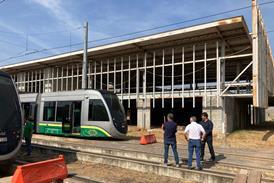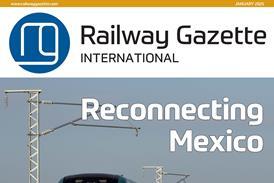
GUATEMALA: Pittsburgh-based Railroad Development Corp announced on July 5 that it had won its five-year arbitration case against the Republic of Guatemala over the disputed concession to revive and operate the country’s national rail network.
On June 29 a tribunal of the International Centre for Settlement of Investment Disputes unanimously ruled that Guatemala had violated the ‘minimum standard of treatment’ in Article 10.5 of the Central America Free Trade Agreement, by engaging in conduct that was ‘arbitrary, grossly unfair, [and] unjust’.
In 1997 RDC affiliate Ferrovías Guatemala was awarded a 50-year concession to revive, operate and develop the national rail network, which had been closed by the government in 1996. After RDC had successfully operated the railway for seven years, the government issued a presidential decree in August 2006 which declared the rolling stock contract of FVG’s concession ‘lesivo’ or ‘harmful to the interests of the state.’ According to RDC, this caused FVG’s business to collapse ‘due to the environment of commercial uncertainty and political manoeuvring’, and RDC was eventually forced to shut down operations in Guatemala in September 2007.
As compensation for the breach of CAFTA rules, the Tribunal awarded RDC more than US$14m in damages, plus interest and administrative costs reflecting the ‘unnecessarily protracted jurisdictional phase’. This must be paid ‘without delay’. Upon full payment of the award, RDC must surrender its 82% interest in FVG to the government of Guatemala or its nominee, relinquishing any remaining rights under the concession.
Describing the tribunal ruling as ‘a victory for both the rule of law in Guatemala and recovery of RDC’s investment’, RDC and FVG Chairman Henry Posner III said it had ‘come at a heavy cost’, including the loss of the railway for a second time. ‘It is ironic that while railways worldwide are enjoying unprecedented levels of traffic and investment, Guatemala's stands not only abandoned but literally destroyed’, he said, noting that five years of ‘unending theft’ of railway assets had seen ‘entire steel bridges disappearing in broad daylight’.

